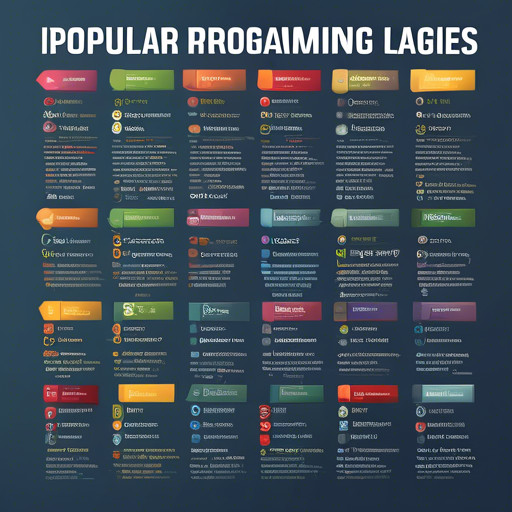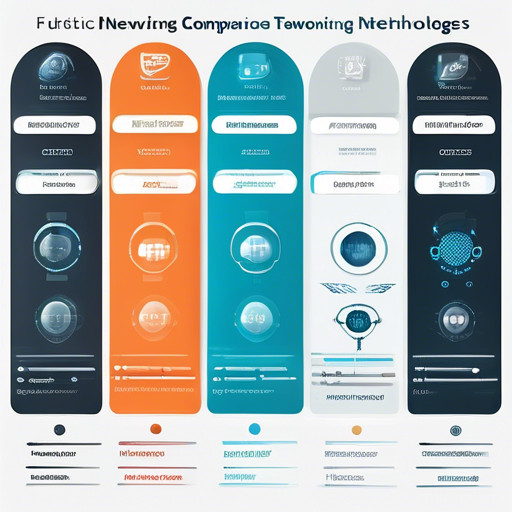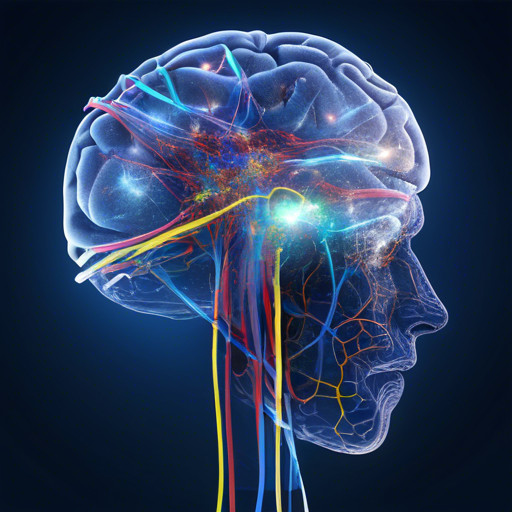
Unlocking the Secrets of the Brain's Energy Supply is a fascinating and complex topic that delves into the intricate mechanisms behind the brain's energy production and utilization. The brain's energy supply is crucial for its proper functioning, and it heavily relies on glucose and oxygen to generate the necessary energy for various cognitive processes. Understanding the brain's energy supply involves exploring terms such as ATP production, mitochondrial function, and metabolic pathways, which play a vital role in sustaining the brain's high energy demands. Researchers are continuously striving to unravel the mysteries of the brain's energy supply to gain insights into neurological disorders and cognitive function.
Exploring the Enigma of the Brain's Energy Provision delves into the enigmatic processes that govern the brain's energy provision and utilization. The brain's energy supply is a complex interplay of biochemical reactions and cellular processes, involving terms such as adenosine triphosphate (ATP) synthesis, mitochondrial respiration, and metabolic pathways. Unraveling the enigma of the brain's energy provision is crucial for understanding neurological disorders and cognitive function, as it sheds light on the intricate mechanisms that sustain the brain's high energy demands. Researchers are continuously striving to decode the mysteries of the brain's energy provision to gain insights into the fundamental processes that govern brain function.
Curcumin, the active compound in turmeric, has been the subject of numerous studies due to its potential neuroprotective effects. Research has shown that curcumin can increase the levels of Brain-Derived Neurotrophic Factor (BDNF), a protein that supports the survival of existing neurons and encourages the growth of new neurons and synapses. This is particularly important in the context of neurodegenerative disorders, where the loss of neurons and synapses contributes to cognitive decline. Additionally, curcumin has been found to exhibit antioxidant and anti-inflammatory properties, which are beneficial for brain health. These properties can help protect neurons from oxidative stress and inflammation, both of which are implicated in neurodegenerative diseases such as Alzheimer's and Parkinson's.
Lion's Mane Mushroom is another natural compound that has shown promise in supporting brain health. Research has indicated that Lion's Mane Mushroom contains compounds that can stimulate the synthesis of nerve growth factor (NGF), a protein that plays a crucial role in the growth, maintenance, and survival of neurons. By promoting NGF synthesis, Lion's Mane Mushroom may help support the regeneration and repair of neurons, making it a potential therapeutic agent for conditions involving nerve damage or neurodegeneration. Furthermore, studies have suggested that Lion's Mane Mushroom may have neuroprotective effects against oxidative stress and neuroinflammation, further highlighting its potential as a natural neuroprotective agent.
Nicotinamide, a form of vitamin B3, has been investigated for its potential role in supporting brain health. Studies have shown that nicotinamide can restore cognition in Alzheimer's disease transgenic participants by inhibiting sirtuins and reducing the phosphorylation of tau protein, a hallmark of Alzheimer's disease. Additionally, nicotinamide has been found to improve neuronal bioenergetics and autophagy, processes that are essential for maintaining the health and function of neurons. Furthermore, nicotinamide treatment has been shown to reduce oxidative stress, apoptosis, and PARP-1 activity in animal models of Alzheimer's disease, suggesting its potential as a neuroprotective agent.
Phosphatidylserine, a phospholipid that is essential for the structure and function of cell membranes, has also been studied for its effects on brain health. Research has indicated that phosphatidylserine containing omega-3 fatty acids may improve memory abilities in elderly individuals with memory complaints. Furthermore, phosphatidylserine-dependent neuroprotective signaling promoted by docosahexaenoic acid (DHA), an omega-3 fatty acid, has been shown to support neuronal survival and protect against neurodegenerative processes. These findings highlight the potential of phosphatidylserine and DHA as natural compounds for supporting brain health and cognitive function.
The table below provides an overview of the brain's energy supply:
| Energy Source | Function | Importance |
|---|---|---|
| Glucose | Primary fuel for the brain | Essential for brain function |
| Oxygen | Supports energy production | Vital for cellular respiration |
| Neurotransmitters | Facilitate communication between neurons | Crucial for cognitive processes |
In understanding the brain's energy supply, it is evident that glucose serves as the primary fuel for the brain, while oxygen supports energy production and neurotransmitters facilitate communication between neurons. These components are essential for brain function and cognitive processes.







